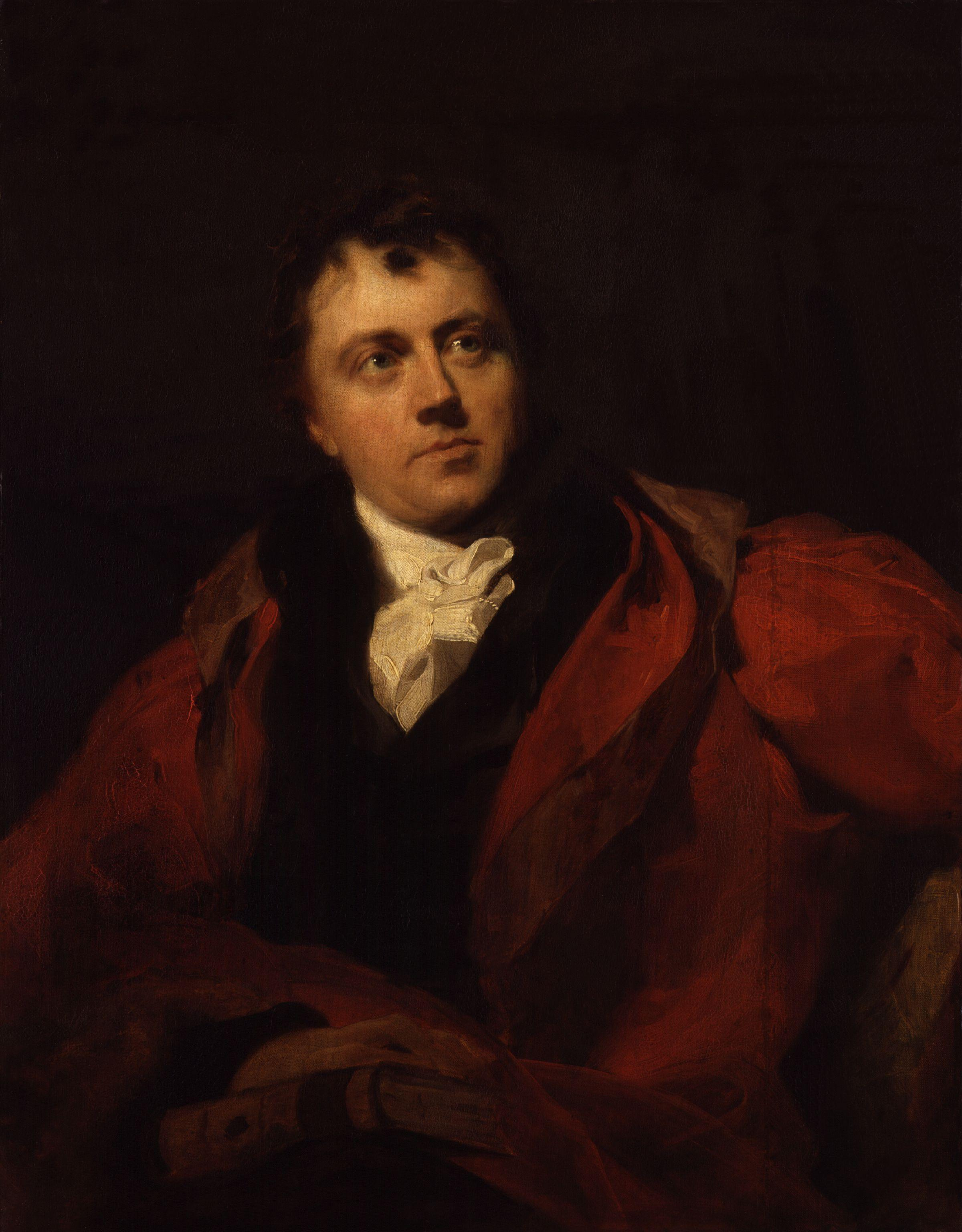 |
| (1765-1832) |
Law of nature and nations (or in Latin, ius natura et gentium) is something I have had more occasion to deal with in my German Idealism blog, as the topic was one interesting many pre-Kantian philosophers in Germany. Indeed, Mackintosh himself mentions Christian Wolff as one of his predecessors, although he doesn't have much to say about him – Wolff is mostly, he says, just a follower of Samuel Pufendorff.
Mackintosh's short essay is not meant to be more than an introduction to his lectures on the topic. Thus, he is not able to give more than a history and an outline of the issues involved in law of nature. Even the short history is of a philosophical interest. Mackintosh states that most of what he would present in his lectures is not novel, and indeed, much of it has been revealed by ancient philosophers, like Aristotle and Cicero.
Yet, what modern philosophers have been able to add to these ancient truths is justification. While Aristotle had merely accepted some moral certainties, modern philosophers have at least tried to base them something else. This foundational ground of law of nature, according to Mackintosh, is metaphysics, by which he apparently means study of human nature. We don't have Mackintosh's actual account of human nature, but his general idea accords with the strategy held by previous theories of law of nature – what humans should do is based on an account of the supposedly fixed and immutable essence or nature of humanity, which thus gives infallible knowledge on the best of humanity.
Indeed, we can at once see that this emphasis on the metaphysical grounding of ethics is meant to work as a sort of defense of traditional morality. Mackintosh especially picks out two institutions that had become an object of criticism lately: marriage and private property. These two instances form a clear example of the problems the idea of an immutable law of nature would face these days. Mackintoch admits that property and marriage are institutions with a history, still, he wants to say there's a clear standard according to which the most modern forms of these institutions are better than the earlier forms. Furthermore, he goes even so far as to suggest that particularly with marriage, no further development is possible, because the development in the equality of men and women has a natural limit – Mackintosh is here clearly supposing that these two genders again have some natural essence that cannot be breached. What Mackintosh does not answer in this short introductory essay is the question whether humanity might not be historically determined species, that is, that there might be no immutable essence of humanity, at least not in a strong sense required for basing a universal system of morality.
Moving on from private ethics to public politics, Mackintosh immediately speaks against the fiction of an original social contract, which he deems leads either to highest despotism (in Hobbes) or to highest anarchy (in Rousseau). Instead, he returns to the Aristotelian notion of humans as essentially social animals – human beings have always existed in some type of communities. By this method, Mackintosh can outright assume that humans have mutual obligations toward one another. He also clearly favours the conservative notion of a slow development of communities and their constitutions and denies the possibility of making up a good constitution in a fortnight. Yet, his ideal of a state is not medieval, such as we've seen with some French conservative thinkers. Instead, Mackintosch thinks that the purpose of state is to guarantee the liberty of citizens, that is, making them free of all disturbances, including those instilled by governors. It is then no wonder that Mackintosh especially congratulates the English constitution.
We might find it strange that an account of ethics and internal politics should be combined with an account of what we would call international affairs and what Mackintosh still calls law of nations (he does know the word ”international”, which had been recently coined). Yet, in a sense this does make sense – nations could be regarded as individuals, and indeed, they usually were represented by individuals or monarchs at the time of Mackintosh. We don't get much information on what Mackintosh would have lectured about the international law, but he appears to believe that all intercourse between nations presupposes some general rules. Still, he does admit that one can again develop the international affairs, especially through diplomatic pacts, and he seems to believe current Europe to be the highest point in the history of international affairs.
Ei kommentteja:
Lähetä kommentti